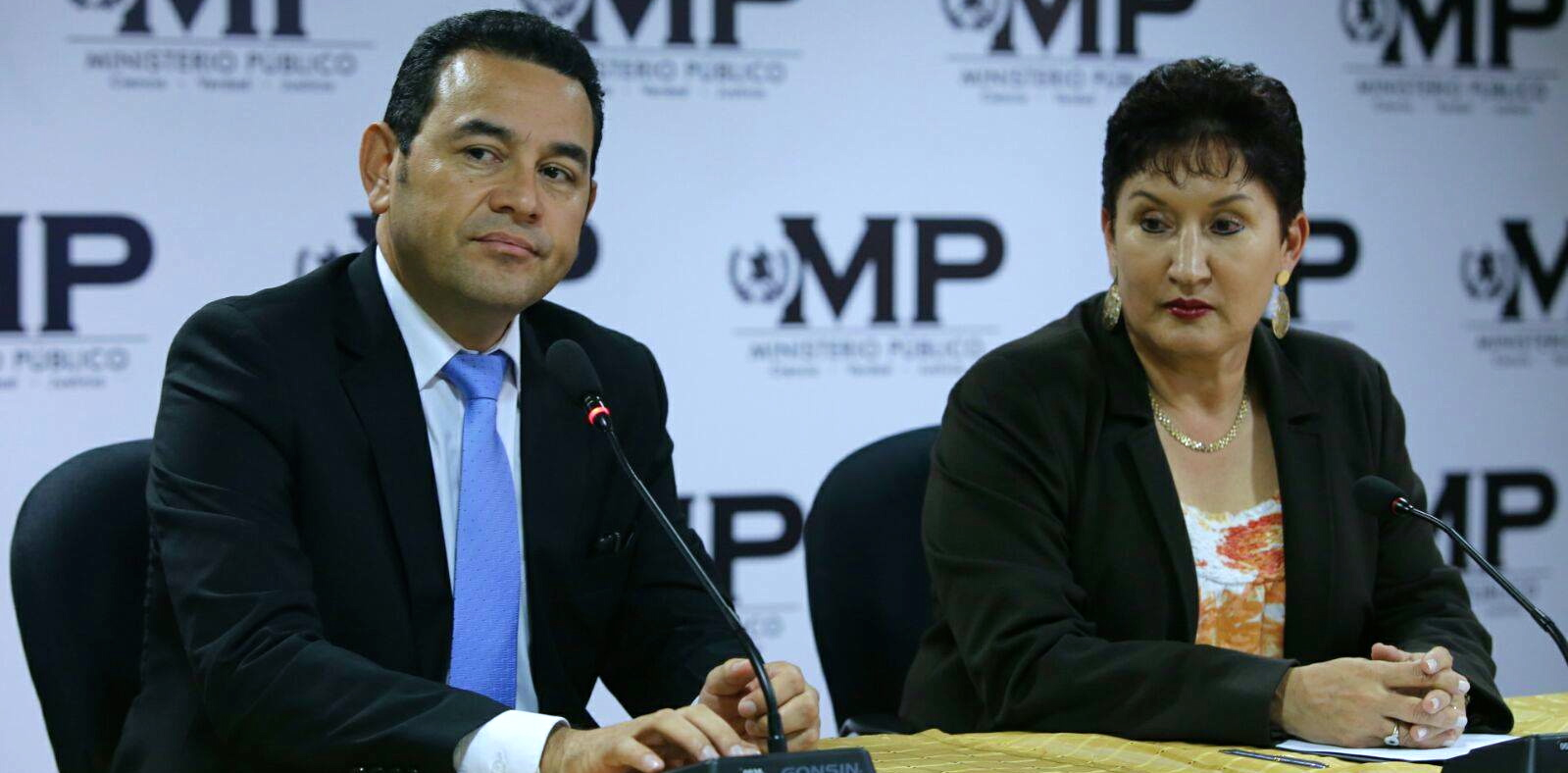I write in response to the article by Marcela Estrada, entitled “Honduran Squatter-Campesinos Backtrack on Loan Settlement,” published on your website on June 10. I think it will be helpful to your readers if I address the allegations made by MUCA and others against Corporación Dinant and its owner, Miguel Facussé Barjum, that Estrada refers to in her article and to highlight some of the important developments that are taking place in our company.

Estrada makes some excellent points in her article, particularly the quotes attributed to Elena Toledo of Honduras Investigates. Toledo is quite right to state that MUCA has been sponsored by left-wing movements and is acting under the influence of “ideological movements that want to create instability in the country at any cost.” Dinant has always maintained that externally funded armed groups are using the land disputes for their wider political objectives by terrorizing local communities and encouraging the illegal seizure of private lands.
I also commend Estrada for pointing out that casualties have been suffered on all sides in the Bajo Aguán. It is a terrible but rarely reported fact that 18 Dinant employees have been killed, almost 30 have been injured during forced entries to our properties, and five remain missing as a result of the land conflicts.
Estrada’s article refers to a number of false but very serious allegations that have been made against Corporación Dinant and Facussé by extremists motivated by wider political objectives. To address each of these allegations in turn:
- It is not the case, as has been stated by MUCA and others, that Dinant illegally bought lands from former campesino leaders. In the 1990s, Dinant — like many companies and individuals — saw economic opportunities in regenerating peasant farmland left idle or in poor condition, and so legally purchased land from peasant co-operatives — a fact borne out by MUCA’s subsequent recognition and purchase of Dinant land using a government grant. Unfortunately, it is the case, however, that peasant groups sold land to the highest bidder if a simple majority were in favor, often resulting in a landless and disgruntled minority.
- Dinant has never engaged in forced evictions of farmers from our land. The removal of trespassers has always been undertaken exclusively by government security forces, acting within the law and under direct instruction from the Honduran courts, whose rulings are based on evidence that proves beyond doubt that Dinant are the rightful owners of the lands in question.
- We categorically deny all the very serious allegations of human rights violations made against Dinant by Reporters Without Borders and others. There have been incidents when our security staffs have had to protect their lives from armed attackers by proportionate means. However, we have always maintained that it is rightfully the role of the Honduran security forces — and not Dinant — to respond to the many acts of armed aggressions that, during the land conflict, have resulted in damage to our property and, in some tragic cases, injury and death to our staff. Dinant immediately welcomed the decision by the Honduran attorney general to undertake a special investigation into the land conflict in the Bajo Aguán. If Dinant security staff or contractors have made mistakes in the course of defending their lives and company property, then it is right that these be revealed by the government investigation and appropriate legal action taken. We ask that this same standard apply to all parties in the Aguán.
- Miguel Facussé is not involved in any activities related to drug trafficking or any other type of illegal activities. Dinant strongly condemns the use of any of our properties for illegal drug-related activities. We will do everything in our power to assist the Honduran and US authorities in their efforts to combat drug trafficking by reporting immediately any illegal activities that we find to have occurred on our facilities, as we have done in the past.
Despite what MUCA and others claim, Dinant has zero tolerance for human rights abuses, such as excessive use of force, harassment, or improper searches of persons or property. We recognize that security is essential and sometimes difficult, but we believe that respect for human rights is universal. While government security forces must have sole responsibility for enforcing law and order, we know that we can help improve difficult situations by respecting and following local laws and international standards, by mitigating the potential for conflict, and by helping the public authorities as much as we can.
Under the guidance of one of America’s top security and human rights experts, Charles McFetridge, we are implementing the criteria laid out in the Voluntary Principles on Security and Human Rights, which govern how we vet, recruit, and train our security staff, and how they engage with members of the community. We are proud that we will be the first to adopt this initiative in Honduras and throughout the global agribusiness sector. Furthermore, Dinant has removed all firearms from security staff at all of its African Palm plantation sites. All firearms are kept under lock-and-key, supervised by the local commander of the Joint Military Task Force solely for the Paso Aguan Plantation and under the supervision of well qualified supervision in the remaining sites, and to be used only as a last resort in order to protect their lives.
Dinant is not in conflict with the genuine peasant associations of the Bajo Aguán — we source much of our raw materials from nearby smallholder farmers and rely on local communities to maintain and harvest our crops. We remain committed to helping find a long-term solution to this conflict, which is why Facussé agreed to sell almost 4,000 hectares of land at below half the market price as a goodwill gesture to the government and to peasant organizations. But Dinant cannot resolve the land conflicts by ourselves. We ask that all stakeholders — the Honduran government, civil society, financial institutions and NGOs — join us in trying to find a sustainable solution.
Thank you for drawing the attention of your readers to some important but seldom-reported facts about the tragic land conflicts in the Bajo Aguán. I invite you and Estrada to visit our facilities in Honduras to see for yourselves the extensive resources we are committing to security training, community engagement, and environmental management. In the meantime, I would be grateful if you would publish this letter alongside Estrada’s article in order that your readers can be given the opportunity to understand more about this important issue. Thank you.
Yours sincerely,
Roger Pineda Pinel
Corporate relations director
Corporación Dinant
Tegucigalpa, Honduras
 Versión Español
Versión Español










